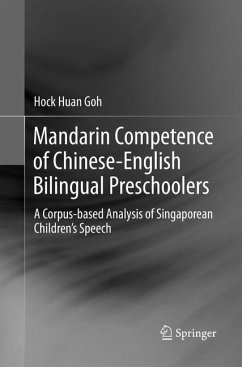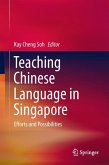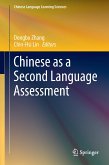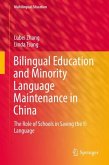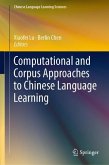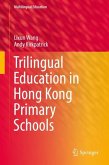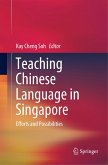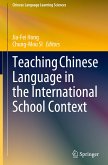This book provides readers with a detailed sketch of the Mandarin competence of Chinese children in Singapore from different home language backgrounds. Their Mandarin competence is defined in terms of lexical diversity, syntactic complexity and code-switching tendency. The findings presented show that there are statistical differences in lexical diversity and syntactic complexity among the compared groups of children, and these differences in linguistic competence were found to be positively correlated to increased Mandarin exposure at home. They also demonstrate that there are statistical differences in code-switching tendency among the groups of children compared, which were found to be negatively correlated to increased exposure to Mandarin at home. A general relationship between home language exposure and Mandarin competence was established, although this relationship was found to be volatile, especially among children who are more bilingually exposed. This book shares these findings with linguists, language educators, and language policymakers, both local and international.
Bitte wählen Sie Ihr Anliegen aus.
Rechnungen
Retourenschein anfordern
Bestellstatus
Storno

